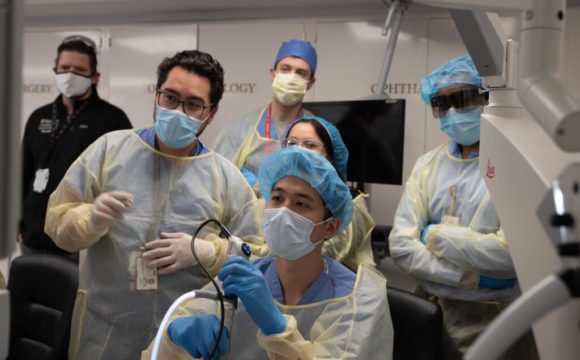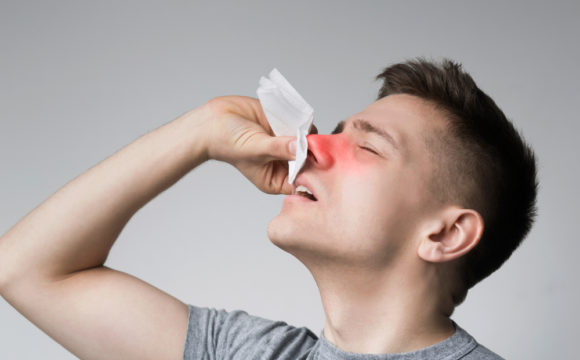Advancements in science and medicine have ensured no disease is left without a cure, whether it is physical or psychological. The same is the case with depression, which is a complex problem. Often, the treatment of depression depends upon its type, symptoms, and patient’s nature.
After diagnosing the issue, the medical practitioners recommend the best course of action in terms of treatment. However, sometimes, no form of treatment shows results, leading to a situation called treatment-resistant depression.
In such a scenario, you must seek help from a distinctive facility offering personalized solutions, such as Breakthru Psychiatric Solutions.
Today we will elucidate on Treatment-Resistant Depression, and discuss all you need to know about it.
What is Treatment-Resistant Depression?
Also known as treatment-refractory depression, it is a term used to describe a form of major depressive disorder (MDD) that does not adequately respond to standard antidepressant medications or psychotherapies.
In other words, despite undergoing one or more trials of evidence-based treatments, individuals with treatment-resistant depression do not experience a significant reduction in their depressive symptoms.
Symptoms of TRD
How is depression classified as TRD? When one or more of the following symptoms prevail-
-
Inadequate Response
The patient has not shown satisfactory signs of recovery or improvement in depressive symptoms, even after going through adequate antidepressant treatment.
-
Multiple Treatment Failures
The individual portrayed resistance to multiple treatment attempts and has not recovered even a little in a span of over 8 weeks.
-
Persistent Symptoms
The symptoms of depression aren’t evading to any extent, even after practicing multiple therapies and medications. Prevalence of depressive symptoms such as loss of interest and or appetite, changes in weight, sleep disturbances, difficulty concentrating, etc are evident.
-
All Factors Ruled Out
Diagnosing a patient with TRD is the last resort of a medical practitioner when all other treatments seem incapable. Doctors rule out all other factors that might be causing the lack of response on the patient’s part, such as additional medical conditions, substance abuse, misdiagnosis, etc. When nothing else seems to be the cause of no response to treatment, the patient is diagnosed with treatment-resistant depression.
What To Do?
TRD is not like general depression, and thus it needs to be addressed with distinctive solutions. If the doctors suggest the patient is suffering from TRD, the patient needs to be taken into a specialized facility, where TRD treatments such as IV Ketaine, Spravato, Psychedelics, etc can be utilized on the patient.
Spread this knowledge to anyone who might be facing some symptoms and is seeking specialized help!








